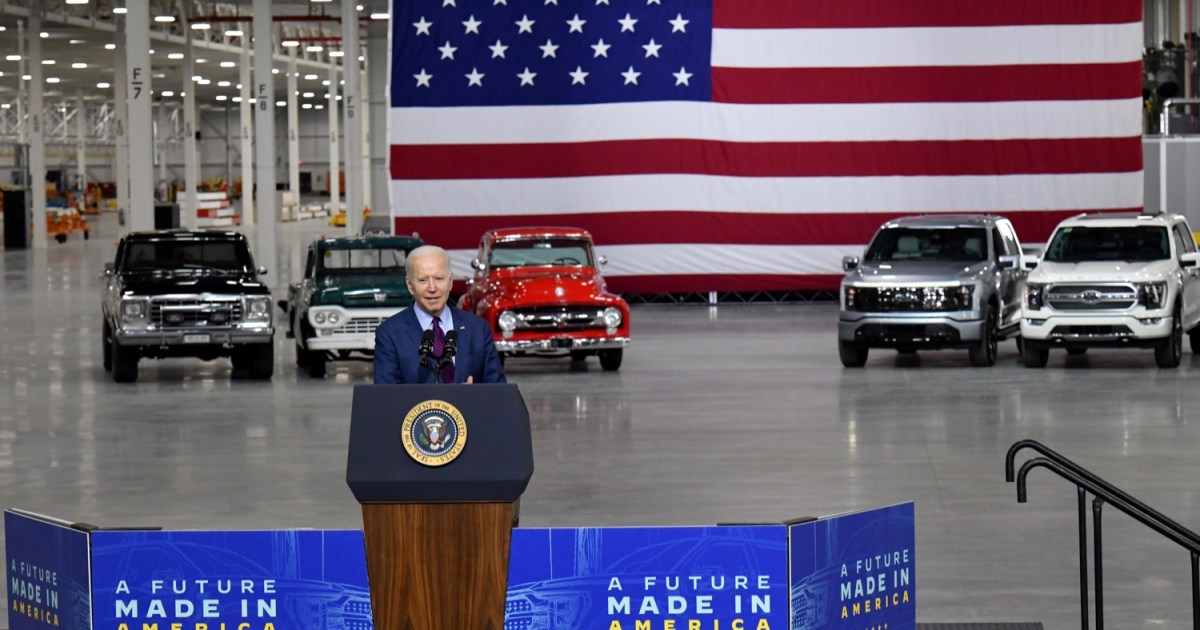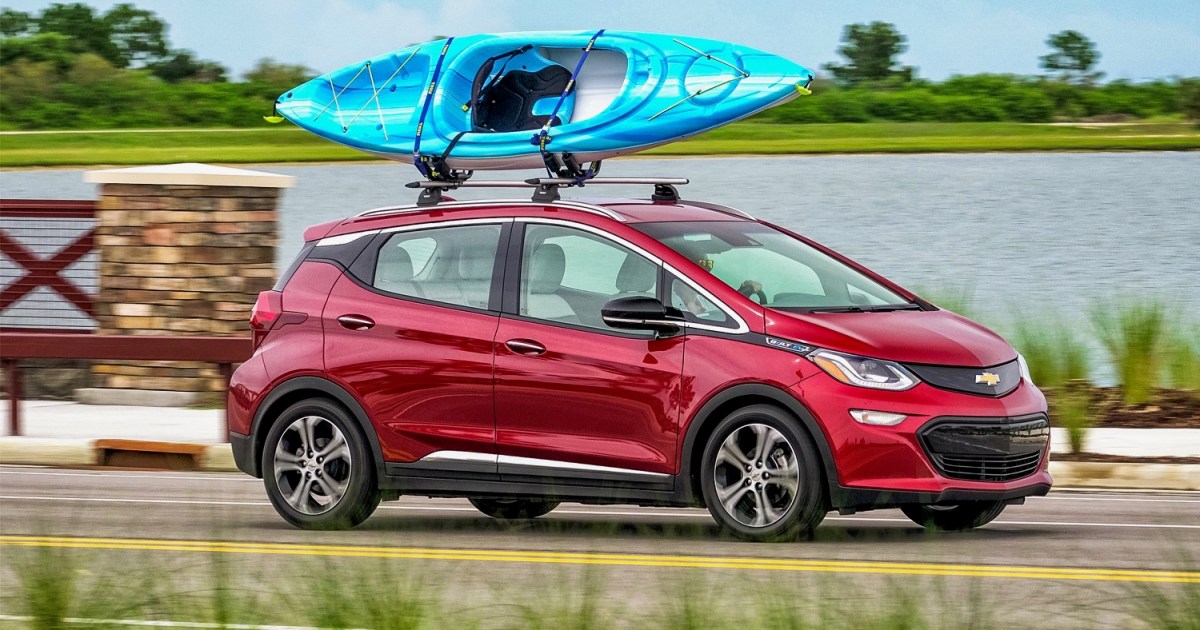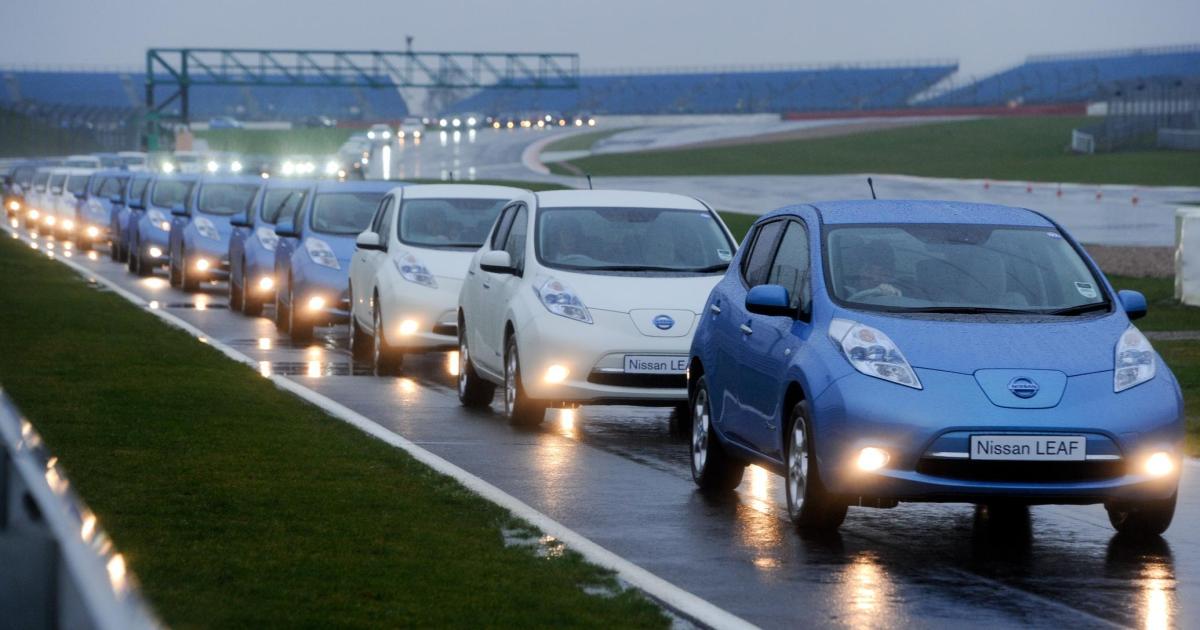The $7,500 federal tax credit for electric vehicles (EVs) in the United States, established under the Biden administration’s Inflation Reduction Act (IRA), is facing potential elimination under the incoming Trump administration. This shift could significantly impact the burgeoning EV market and the strategies of automakers vying for a share of it.
The IRA incentivizes the purchase or lease of EVs built with key components, notably batteries, manufactured within the U.S. This provision has stimulated the domestic EV industry, contributing to a notable increase in EV sales. Recent data reveals that EVs constituted 6.8% of all vehicle sales in the U.S., a 1.6% rise from 2022 when the IRA was enacted. Projections for EV market share in 2030 have been revised downwards from 33% to 28% following the recent presidential election results, reflecting anticipated changes in government policy.
Despite the potential impact on EV sales, the plan to discontinue the tax credit has reportedly garnered support from representatives of Tesla, the leading EV manufacturer in the U.S. Tesla CEO Elon Musk, recently appointed to head a new “Department of Government Efficiency” under the Trump administration, has expressed confidence that the removal of the credit would disproportionately affect Tesla’s competitors. In a previous investor call, Musk suggested that the impact on Tesla would be “slight” while being “devastating” for competitors. He further asserted that this change could ultimately benefit Tesla in the long run.
The Biden administration also implemented 100% tariffs on Chinese-made EVs, effectively limiting competition from a major player in the global EV market known for its focus on affordability. This protectionist measure, coupled with the potential removal of the tax credit, could contribute to sustained higher EV prices in the U.S. Musk recently stated that reducing the price of a standard Tesla model to $25,000 would be “pointless” and “silly,” emphasizing Tesla’s focus on autonomous driving technology with the launch of its Robotaxi.
However, other EV manufacturers are pursuing strategies focused on affordability in the U.S. market. General Motors has introduced the Chevy Equinox EV at $27,500, inclusive of federal tax credits. Volkswagen America has also announced plans to release an EV priced under $35,000 by 2027. The future of the EV market in the U.S. remains uncertain, with the potential elimination of the tax credit and the ongoing focus on domestic production likely to shape the competitive landscape and influence consumer choices.











